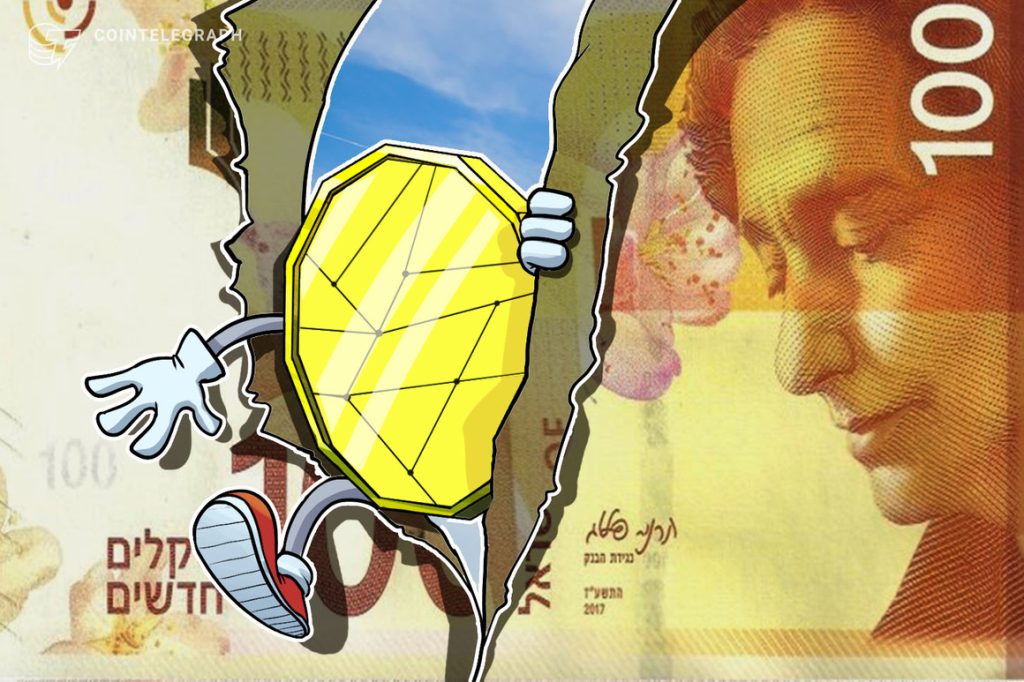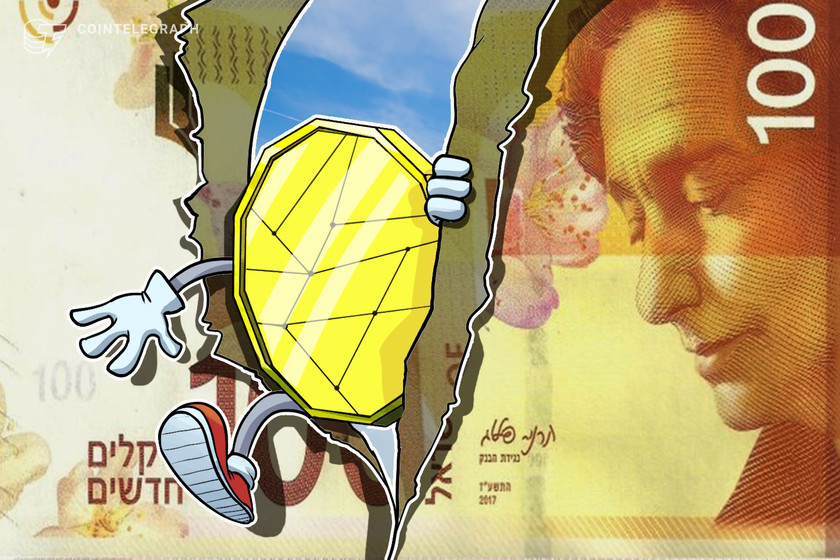Israel’s central bank has allegedly completed a pilot — under the radar — for a central bank digital currency (CBDC) using Ethereum’s technology. The claim was made by the Israeli financial news site Globes and later reported by BNN Bloomberg.
Globes’ sources for its claims are undisclosed: The report alleged that the Bank of Israel (BOI) completed its pilot in an experimental, closed environment based on Ethereum’s architecture, involving the trial issuance of tokens representing digital shekels and their transfer amon digital wallets.
Globes also claimed that as part of its pilot, the BOI successfully tested its ability to program a car ownership certificate transfer using nonfungible digital tokens (NFT) and completed a transaction wherein an NFT payment was made the condition of the certificate’s transfer and vice versa. The transaction was instantaneous without any risk or need for a central intermediary or trustee.
This application, the report stated, represents just one possible example of what payment services providers, tasked with providing digital wallets for the public, could be able to build. The BOI has reportedly asked industry actors to propose various smart applications that could prospectively be built upon the infrastructure of a future digital shekel.
Globes, however, contended that broadly speaking, the central bank has not been forthcoming about its current experimental CBDC research. As reported by Cointelegraph, the BOI’s deputy governor only revealed that a preliminary CBDC pilot was in fact already being conducted during a discussion held at the Fair Value Forum at Herzeliya IDC earlier this month.
Globes characterized the deputy governor’s concession as the result of his having been “pushed into a corner” and criticized the central bank for not reaching out to local industry sufficiently as it begins to investigate the highly complex issue of CBDCs.
The BOI did, however, publish an in-depth report last month outlining its analysis and examination of various alternatives and models for a prospective CBDC, all the while emphasizing that the document and its proposed draft CBDC model was only meant to serve as a basis for discussion, not as a blueprint:
”This draft does not represent a decision of the Bank of Israel regarding the characteristics of the digital shekel, if issued. The draft model forms the basis for discussion and examination of alternatives by the working teams dealing with the issue at the Bank of Israel, and, following the publication of this document, it will also serve as a basis for discussion in the professional community in Israel about the characteristics required for the digital shekel.”
Related: Israel’s central bank floats possible digital shekel with new action plan
This engagement with CBDCs signals renewed momentum and interest in CBDCs at the institution after a team led by former governor Karnit Flug had recommended against issuing a digital shekel in late 2018.
While the BOI’s report from May makes no mention of Ethereum, it does note that “the various opportunities that a digital shekel could offer for the innovation of the payments system in the Israeli economy include smart contracts, programmable money, and the like.”
Nor does the BOI’s report from May make any mention of either smart applications or NFTs. It does, however, note the possible benefits of using distributed ledger technologies as compared to existing, centralized technologies for different parts of the digital shekel ecosystem.
The bank’s report also stressed the interdependence of developments in digital identity technologies and CBDCs and pointed to the benefits of conducting proofs-of-concept that could help the institution to gauge the relevance, risks and benefits of a digital shekel for the Israeli economy at large.






